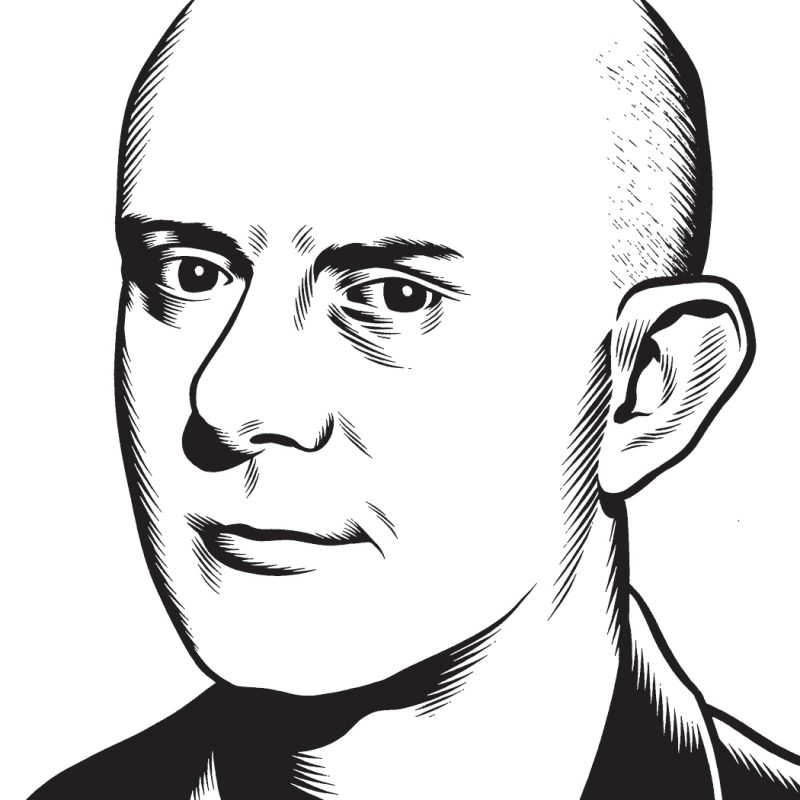BOOKS BOUGHT:
- A Man in Love—Karl Ove Knausgaard
- The Unwinding: An Inner History of the New America—George Packer
- The Signature of All Things—Elizabeth Gilbert
- Monsters: The 1985 Chicago Bears and the Wild Heart of Football—Rich Cohen
BOOKS READ:
- Going Clear: Scientology, Hollywood, and the Prison of Belief—Lawrence Wright
- A Death in the Family—Karl Ove Knausgaard
Last month I expressed a fear that I might be turning into the fiction-hating Noel Gallagher, who recently told us that “novels are just a waste of fucking time” and, on top of that, not true. And though my reading diet this month was only one-half fiction, that half consisted of Karl Ove Knausgaard’s extraordinary A Death in the Family, the first volume in the six-book sequence My Struggle. If you run with the word diet and picture the books as food—and I feel I know you well enough by now to understand that you have nothing better to do—then My Struggle is a great big T-bone steak of a novel. It might seem to occupy the same space as the accompanying vegetables if you’re looking down on my reading plate from above—and again, why wouldn’t you?—but from up there, you can’t see the weight and the caloric content. You have to plough your way through My Struggle to understand just how filling it is. (I avoided the word meaty. You can see how meaty a piece of steak is without having to eat it.)
This is not the month, however, to discuss with any clarity the merits of fiction versus nonfiction, nor to come to a conclusion with any finality. Karl Ove Knausgaard’s novel is about a writer named Karl Ove Knausgaard, whose autobiography is indistinguishable from that of the man who “created” him. My Struggle (and if the title sounds familiar, it’s Min Kamp in the original Norwegian) describes, in extraordinary detail, the first four decades or so of Knausgaard’s life; the eponymous death in the first book is of Knausgaard’s father, who died in squalor at his mother’s house after years of alcohol abuse. Compare and contrast to one of the nonfiction books I read this month, Lawrence Wright’s Going Clear. Wright’s book is in part about a man called L. Ron Hubbard, whose relationship to his own history, according to Wright, was a lot more complicated than Knausgaard’s. Hubbard’s wartime record, for example, is almost impossible to describe with any accuracy, such is the puzzling gulf between his own account and the official records. He told the author Robert...
You have reached your article limit
Sign up for a digital subscription and continue reading all new issues, plus our entire archives, for just $1.50/month.
Already a subscriber? Sign in






